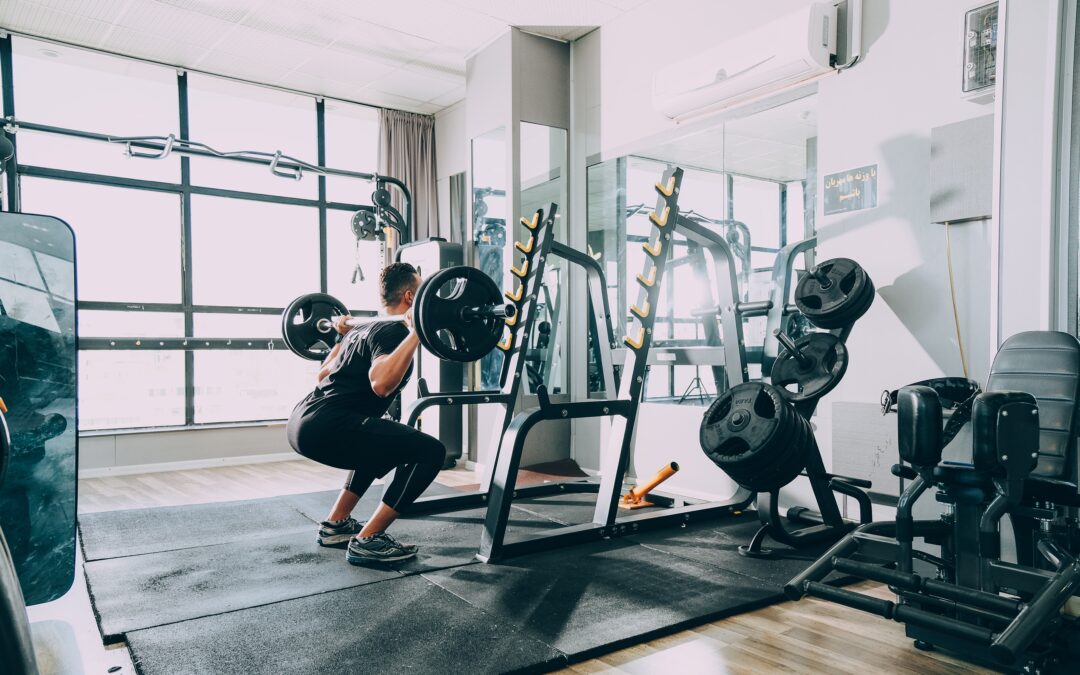Triathlon is an intense sport that combines swimming, cycling, and running. While these three activities are the main focus for triathletes, many overlook the significance of strength training. In this blog post, we will explain why strength training is crucial for triathletes and how it can benefit athletes of all levels.
Injury Prevention:
Strength training plays a vital role in preventing injuries for triathletes. By engaging in exercises that target specific muscle groups, such as the core, hips, glutes, and legs, strength training builds overall body strength and stability. This helps reduce the risk of common injuries caused by overuse, like stress fractures or muscle imbalances. By incorporating strength training into their routine, triathletes can train consistently and avoid setbacks due to injuries.
Improved Performance:
Strength training directly enhances triathlon performance by boosting power, speed, and endurance. Strengthening the muscles used in swimming, cycling, and running improves technique and form, making movements more efficient. Stronger muscles provide the necessary support and stability to generate power, leading to faster swim times, increased cycling power, and improved running mechanics.
Enhanced Metabolic Efficiency:
Strength training not only strengthens muscles but also improves metabolic efficiency. By increasing lean muscle mass, the body becomes more efficient at burning calories and utilizing energy. This can result in improvements in body composition, increased metabolism, and better overall endurance during long-distance triathlon events.
Injury Rehabilitation and Recovery:
Strength training also plays a crucial role in rehabilitating and recovering from injuries. If a triathlete experiences an injury, targeted strength exercises can help maintain muscle mass, restore balance and range of motion, and promote joint stability. Incorporating strength training during the recovery phase can help athletes return to training and racing faster, with a reduced risk of reinjury.
Mental Strength and Confidence:
Strength training not only challenges the body but also builds mental toughness and confidence. Pushing through demanding exercises and progressively increasing weights develops resilience and self-assurance. The mental strength gained from strength training can positively impact triathlon performance, enabling athletes to push through fatigue and discomfort during races and training sessions.
Strength training is an essential aspect of a well-rounded training program for triathletes. It helps prevent injuries, improves performance, enhances metabolic efficiency, aids in injury recovery, and builds mental strength and confidence. Whether you’re a beginner or an experienced triathlete, incorporating strength training into your routine will help you reach your full potential, stay injury-free, and perform at your best. So, prioritize strength training as a crucial part of your training regimen and enjoy the benefits it brings to your triathlon journey.

